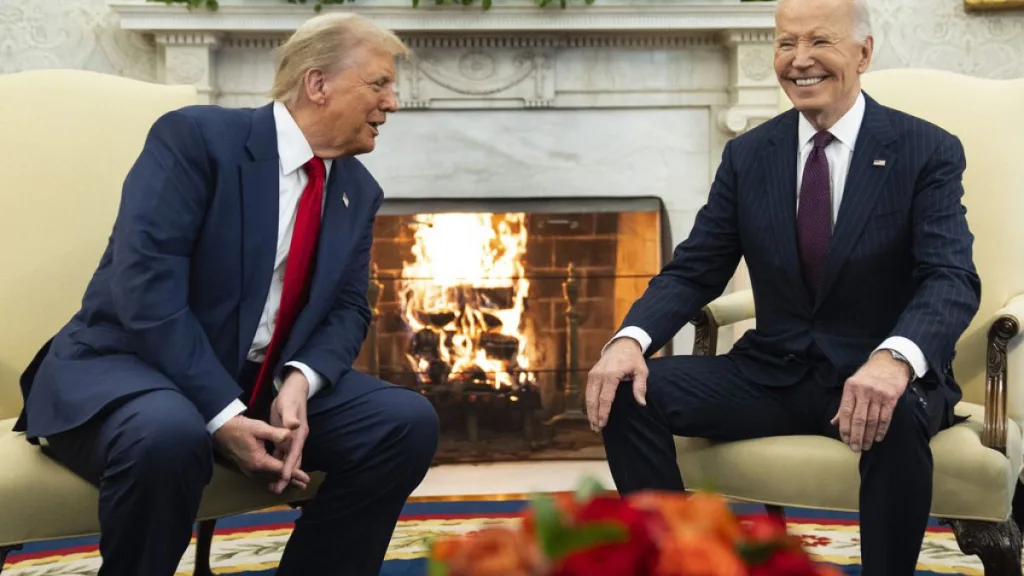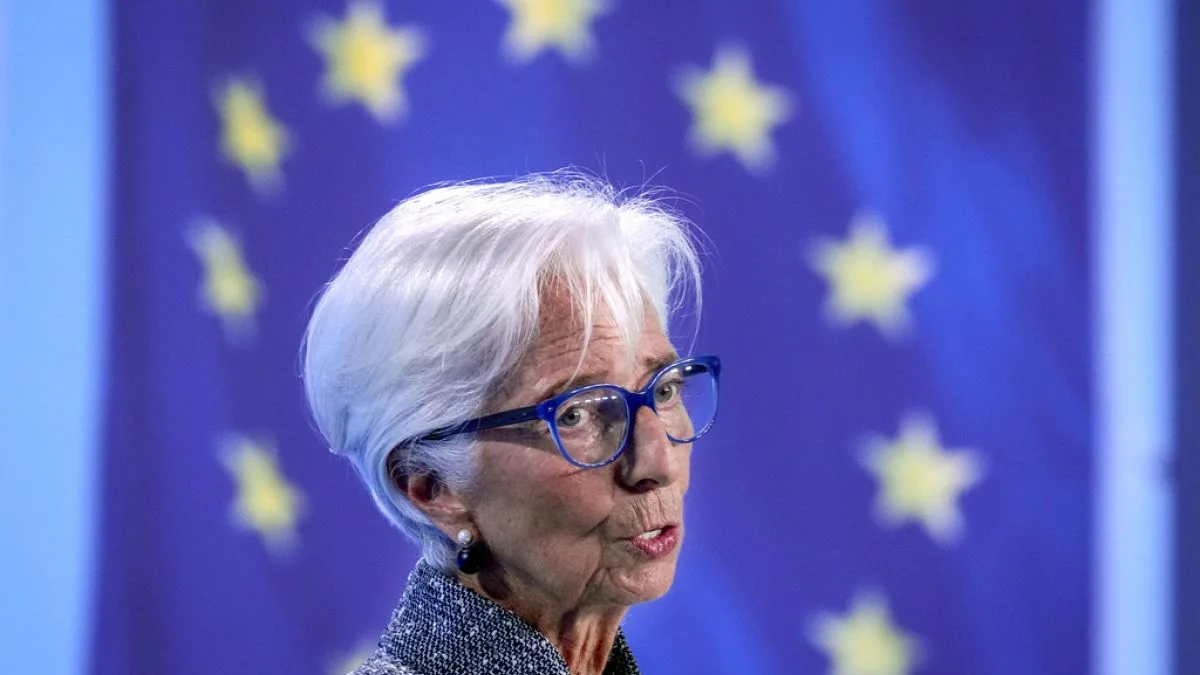The United States has recently joined the ranks of only four nations to present an updated emissions reduction pledge as the February 2025 deadline under the Paris Agreement approaches. This initiative aims to combat global temperature rise, yet the implications remain uncertain with president-elect Trump set to take office next month.
The outgoing Biden administration revealed its commitment to reducing greenhouse gas emissions by 61% to 66% below 2005 levels by 2035. This updated nationally determined contribution (NDC) has been submitted to the UN today, marking a significant step in the country’s climate policy.
“The entire 2035 range represents a direct trajectory towards achieving net-zero emissions by 2050 for all greenhouse gases,” the document states. Additionally, the United States has reaffirmed its dedication to the global climate agenda, particularly emphasizing the need to “transition away from fossil fuels” during the recent COP28 climate summit.
Meanwhile, it appears the European Union may not meet the upcoming February deadline. Climate Commissioner Wopke Hoekstra confirmed that the EU executive will not submit its long-overdue proposal for a 2040 climate target within the first 100 days of the second von der Leyen administration.
Furthermore, many developing countries are expressing skepticism about meeting their pledge deadlines after the recent COP29 summit in Baku, Azerbaijan, where dissatisfaction with the financial support being offered by wealthy nations left them disheartened regarding their energy transition and adaptation strategies.
A Strong Position
According to the United States’ NDC , the US surpassed its 17% reduction pledge for 2020 and is on track to meet its target of a 50-52% reduction by 2030. This progress can be attributed to comprehensive measures enacted under the Biden administration, including the Bipartisan Infrastructure Law and the Inflation Reduction Act.
These pieces of legislation are set to deliver hundreds of billions of dollars in public support aimed at advancing clean technologies in transport and energy. Such strategies have prompted the EU to introduce its Net Zero Industry Act amid concerns of falling behind in the competitive clean technology arena. Both Washington and Brussels are acutely aware of the potential for China to take the lead in this sector.
However, America’s path to achieving these ambitious goals heavily relies on the actions of Trump as he embarks on his second term. The former reality TV star has previously pledged to withdraw from the Paris Agreement and has consistently promoted fossil fuel exploration with slogans like “drill, baby, drill.”
Over the years, the US has emerged as the world’s leading exporter of oil and gas, with production levels continuing to rise under Biden’s administration. It’s important to note that, in the context of global efforts to combat climate change, countries are primarily evaluated based on the oil they consume rather than what they produce.
Future-Proofing Climate Action
To mitigate the potential rollback of climate initiatives under Trump, the United States Climate Alliance—a coalition of bipartisan state governors primarily from the Democratic Party—has established a ‘complementary’ target aiming for a 60% emissions reduction by 2035.
Representing 24 states, this coalition accounts for 55% of the US population and approximately 60% of its economic output.
“President Biden’s strong leadership sets us on a path toward a clean energy economy, and together, the nation’s climate-focused governors will continue to push forward,” stated New York Governor Kathy Hochul, co-chair of the US Climate Alliance.
Co-chair New Mexico Governor Michelle Lujan Grisham added, “The benefits of taking climate action are clearer than ever, and we remain committed to making progress.”
Criticism of the Federal Plan
However, Ashfaq Khalfan, climate justice director at Oxfam America, criticized the federal commitment to climate action, pointing to a lack of deadlines for fossil fuel phase-out or financial support promised to poorer nations.
“With a climate denier poised to enter the White House, the Biden Administration’s new national climate strategy is merely the bare minimum for climate action,” Khalfan remarked. “It fails to reflect the US’s fair share of emissions reductions as the world’s largest historical polluter.”
Contrarily, Linda Kalcher, director of the Strategic Perspectives think tank in Brussels, described the NDC as a “decent farewell gift” from the Biden administration. She emphasized that it highlights the commitment of numerous states setting 100% clean energy objectives.
“It remains to be seen if these states will compel the leading oil and gas producer in the world to reduce emissions simultaneously with a federal agenda that favors fossil fuel expansion,” Kalcher noted.
Out of nearly 200 signatories to the Paris Agreement, only three countries—United Arab Emirates, Brazil, and Switzerland—have put forward their 2035 emissions reduction targets, although UK Prime Minister Keir Starmer did announce a headline target of 81% during the Baku summit.
Photo credit & article inspired by: Euronews



